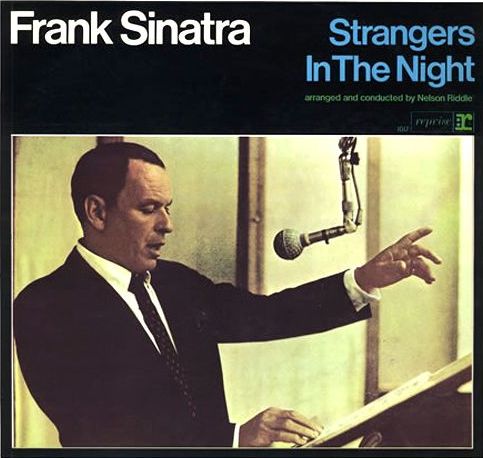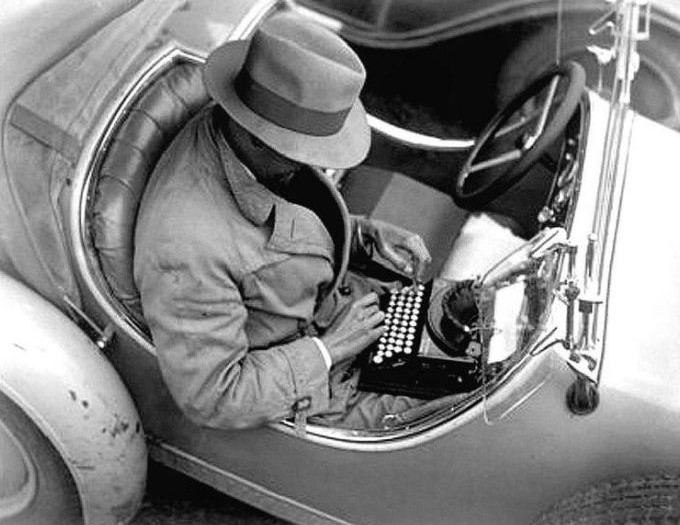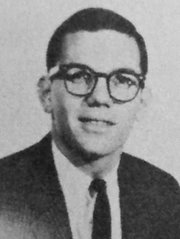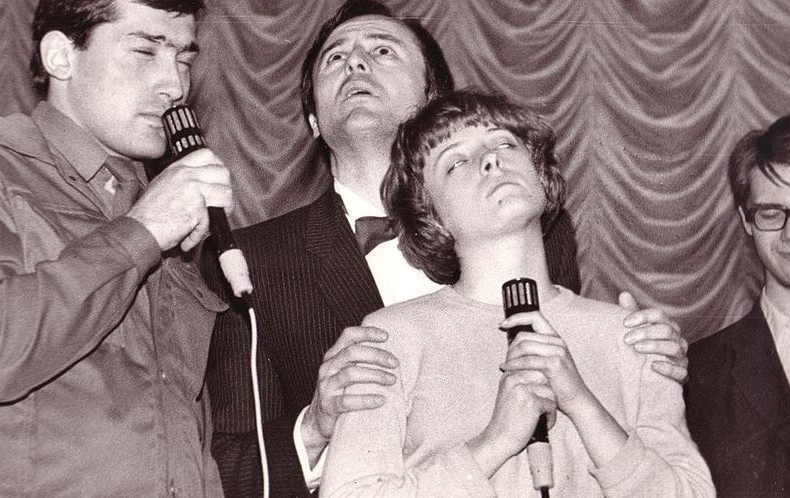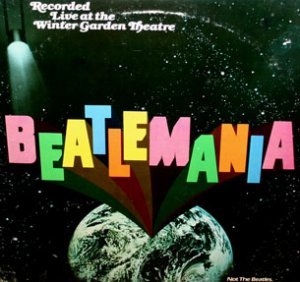Who knows for sure if Avo Uvezian’s story about having his song stolen by Frank Sinatra is true, but it’s true to him, and the narratives we believe, myth or fact, shape our lives. The octogenarian claims, with some plausibility, that he had the melody for “Strangers in the Night” pilfered in the 1960s, altering his life, eventually ushering him bitterly from the music industry into the cigar business, where he found great success.
In a wonderful New York Times piece written by Michael Wilson, whose work appeared on Afflictor’s “50 Great 2015 Articles Online for Free” list, a simple story of a few dozen pinched cigars triggers a bildungsroman about a man who knew opportunities missed and made. An excerpt:
By the 1960s, he had written his own music. One melody stood out.
“The song itself is a very simple song,” Mr. Uvezian, 89, said this month by telephone from his home in Orlando, Fla. “You take the thing and you repeat it. ‘Dah-dah-dah-dah-daaaah.’ It’s the same line repeated throughout.”
He had a friend who knew Sinatra. The friend set up a meeting and told Mr. Uvezian to bring along his music. Someone else had put lyrics to the melody, and called it “Broken Guitar.”
Sinatra gave it a listen.
“He said, ‘I love the melody, but change the lyrics,’” Mr. Uvezian recalled. The task was given to studio songwriters, and they came back with new words. Sinatra, legend has it, hated it. “I don’t want to sing this,” he said when he first saw the sheet music, according to James Kaplan’s new book, “Sinatra: The Chairman.” Nonetheless, with his last No. 1 single several years behind him, he was persuaded to record the song in 1966.
The title was new, too. “Broken Guitar” was out. The new name was “Strangers in the Night.”
In Mr. Uvezian’s telling, what should have been a monumental triumph and breakthrough turned out to be a source of great grief.•

